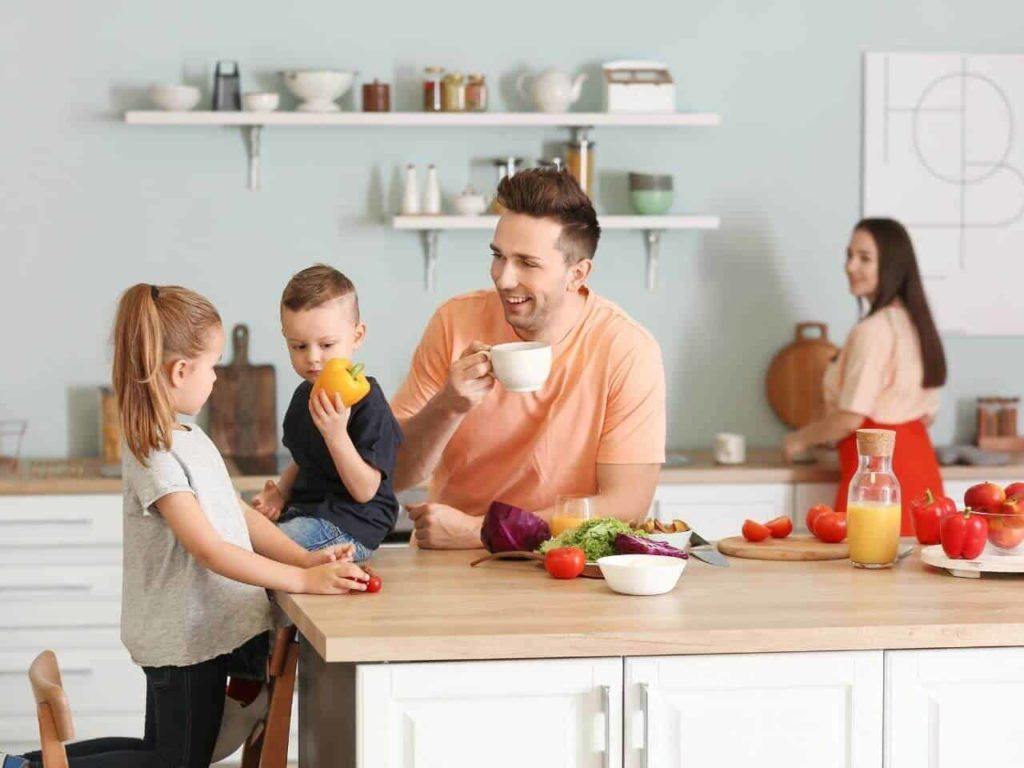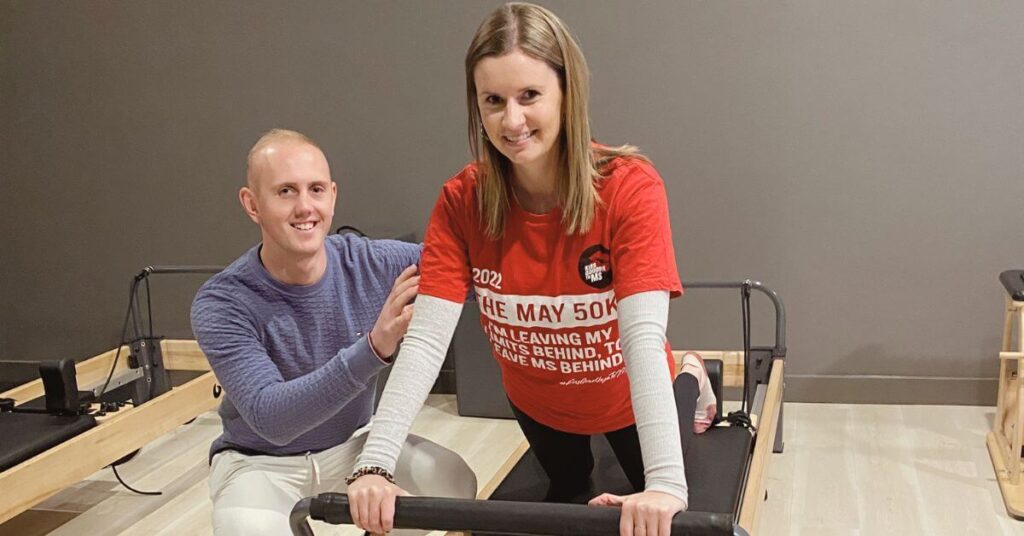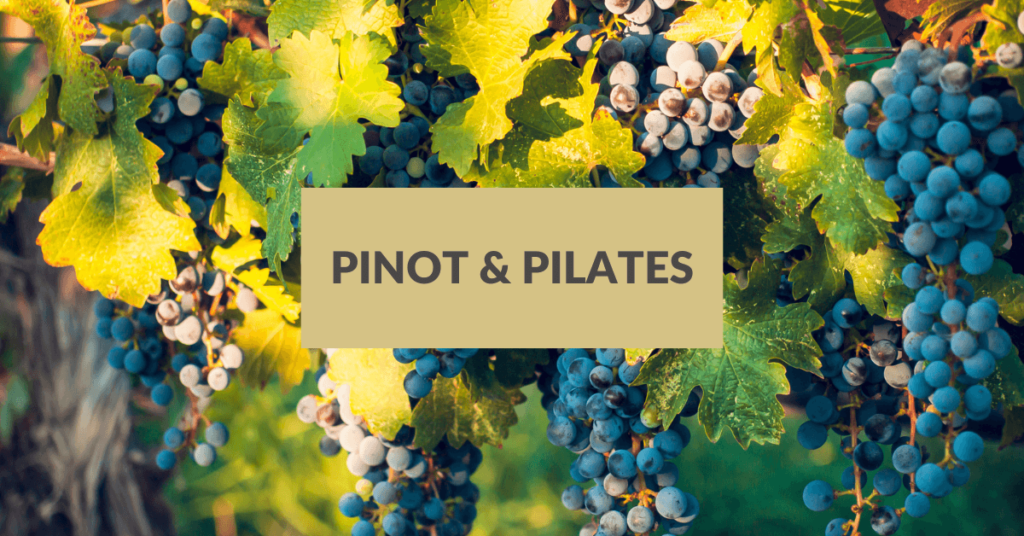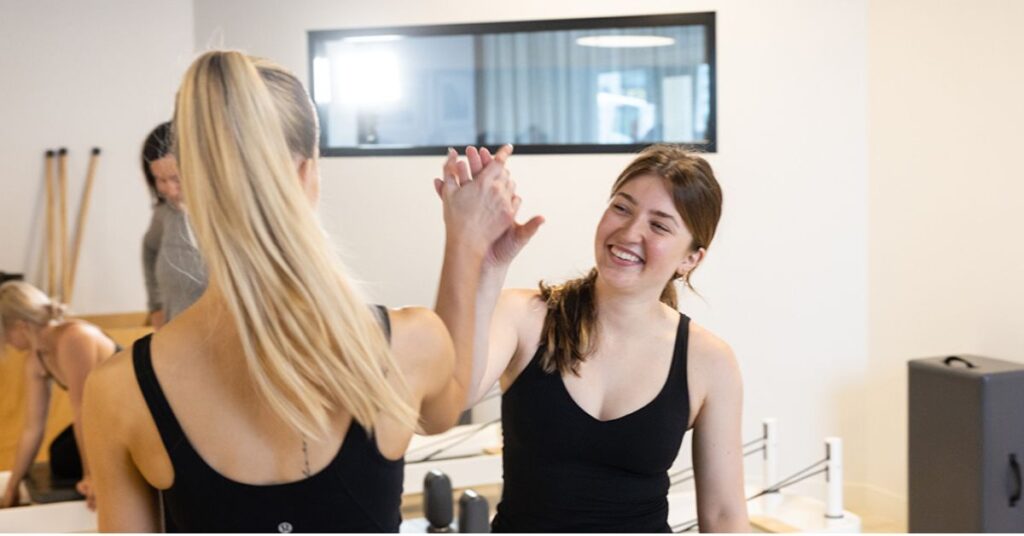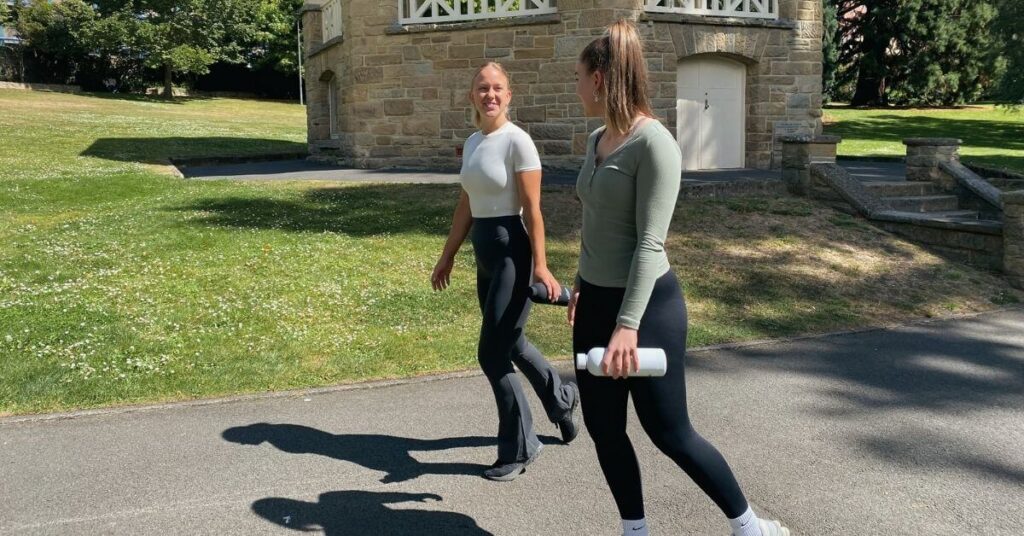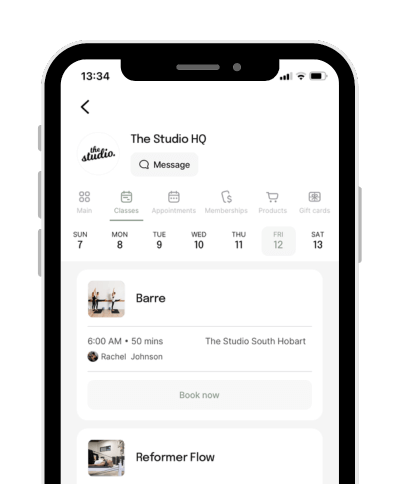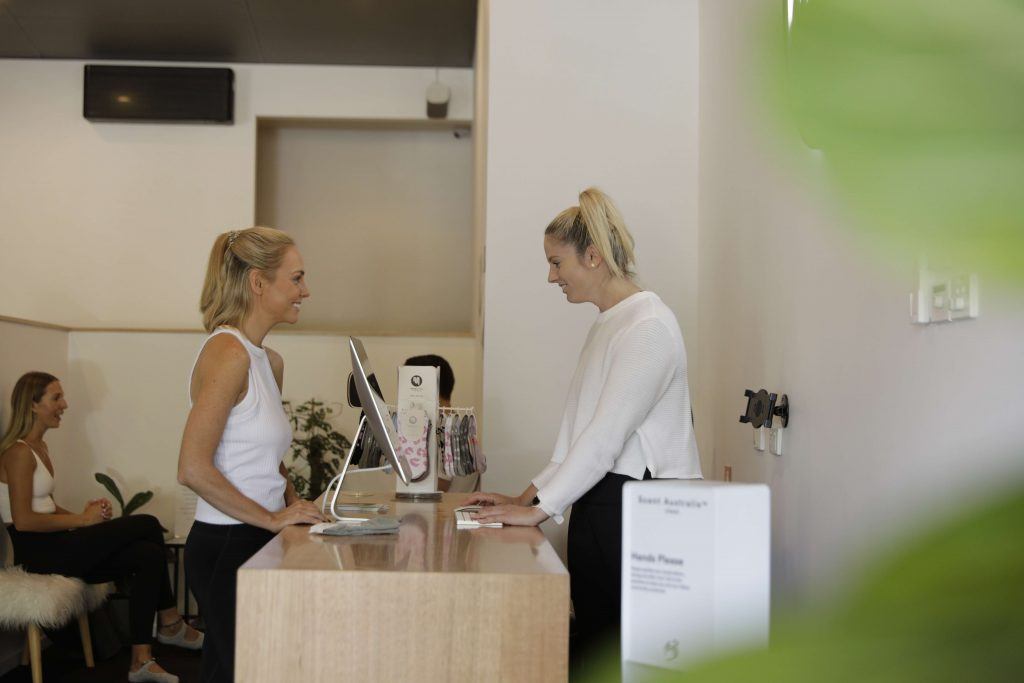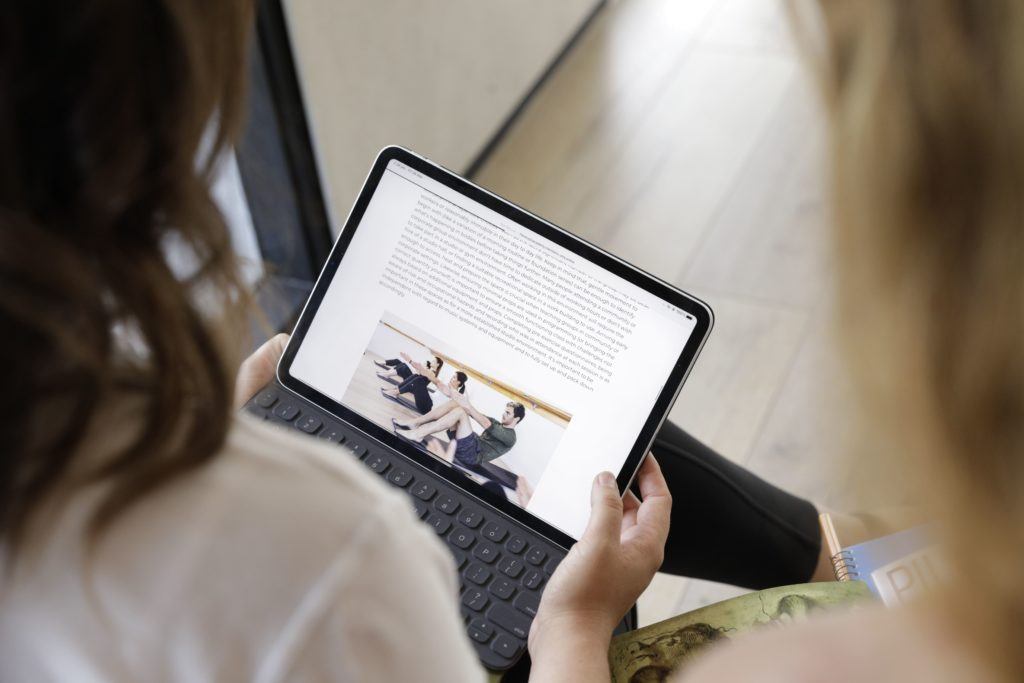by Emilie Burgess, Performance Dietitian and Nutrition Consultant at The Studio, Hobart, Tasmania
Intuitive eating. It’s something we’re born with, yet for a large number of us, it’s something that we lose contact with along the journey. As a dietitian, it’s common for people to walk through the door carrying a heavy personal history of mistrust with food and a damaged body image.
So how do we right the ship? How do we re-engage our inner child, the child that ate because they were hungry, and sometimes just because a food tasted delicious. But equally a child that, for the most past, stopped when they were full and saw their body as invincible and something to swing enthusiastically across monkey bars and haul up trees, and all for fun, not because of a need to burn or earn calories.
Where does it all go wrong, and how do we regain trust in our own ability to eat and move our bodies freely and for nothing more than the love of how it feels? With a multi-billion dollar diet industry that jumps out at us from magazine covers, books and celebrity endorsements, providing people with another set of rules and roadmap that seemingly leads only to the feast-famine cycle, I choose to take another path.
When working with individuals (and families), my aim is to support them in regaining a health relationship with both food and body. To take them on a journey that increases their own knowledge of food and eating behaviours, allowing them to actively challenge the ideals that are seemingly pushed upon us at every turn. So how exactly do we make sure that food stays fun?

I don’t profess to being a competent gardener or chef, at times, quite the opposite in fact. I do, however, have a passion for home-cooking and using quality local produce where possible, whilst acknowledging these are indeed privileged decisions to be making. This might mean growing your owns herbs, picking fruit from the garden or visiting the local farmers market.
However in pursuit of progress not perfection, it’s often equally important to allow ourselves the option to not feel burdened by home cooking. To use some of the amazing time-saving options available to us to serve dinner after a busy day. To find ways to share the load of shopping and meal preparation amongst others who join us at the table.
It’s therefore not unusual, that talking about specific foods is not something that will be part of every consultation when working with clients. There are many times when the focus is on strategies and tools for involving children in meal prep, however terrifying arming my 3 year old with a knife might feel (* note, modified child-safe utensils used here). Activities that explore mindful eating and mindfulness in general, food storage and food safety tips and ways we can reduce food waste are other frequent lines of conversation.
Take a moment to pause and reflect on your own journey and experience in this space, and potentially that of others within your house. If you can, pick 3 things that you can do to take a positive step towards a more positive and mindful relationship with food. Take the time to be seated for all meals, and no, your desk doesn’t count here. Engage others in meal prep and enjoyment, either as a family or with your social circle. Enhance/add flavour to food, experimenting with different combinations and recipes. As a dietitian and mum to 3 young girls, my strongest wish is that they grow up to love food, to know how to grow/source and prepare it, and most of all, maintain an intuitive ability to nourish their own bodies through food.

